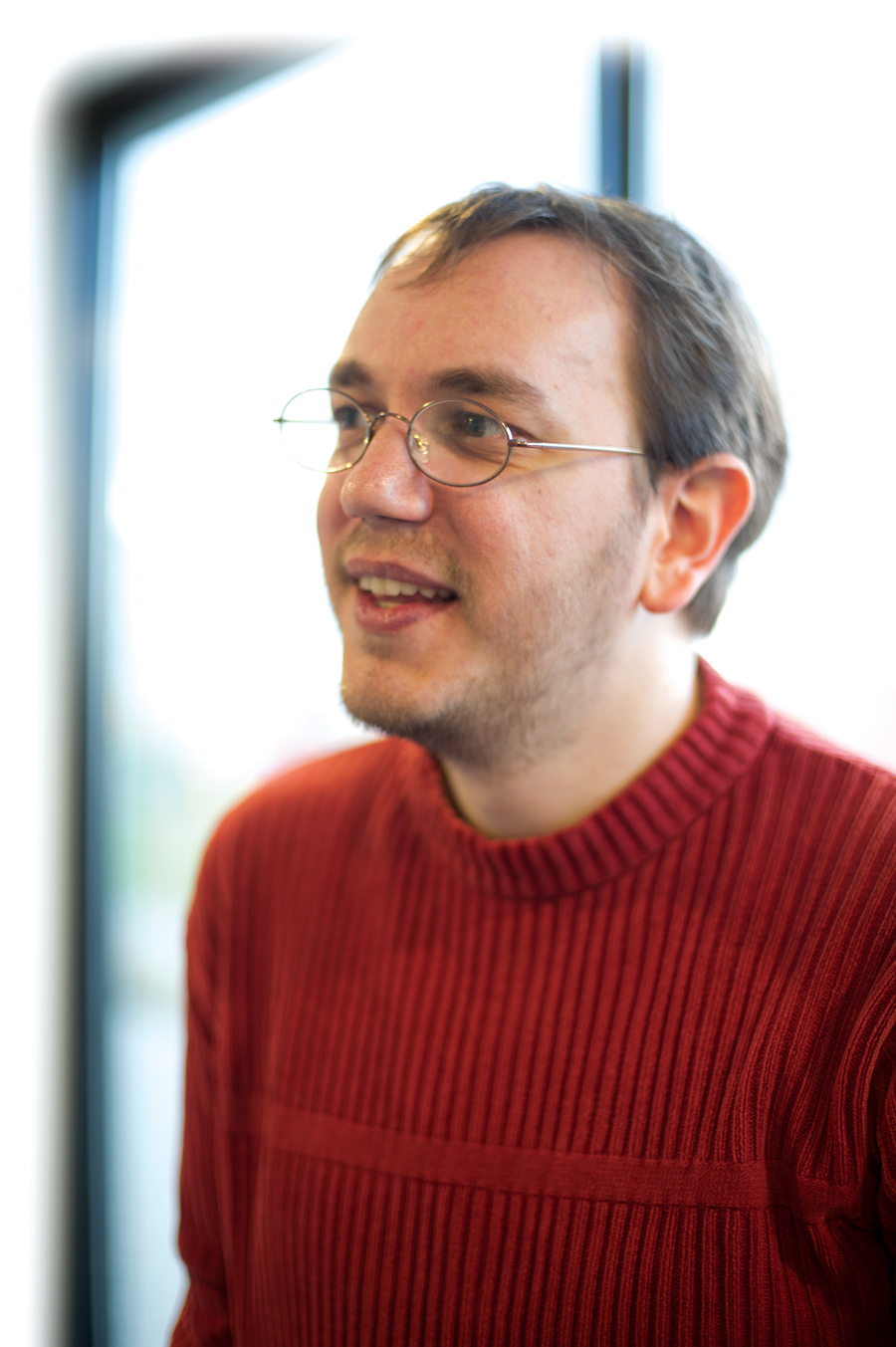'We want to build a strong product that is stable and people can rely on'
Have the Gnome community turned crazy?
Sign up for breaking news, reviews, opinion, top tech deals, and more.
You are now subscribed
Your newsletter sign-up was successful
What's interesting is when you compare it to other projects, like Fedora. Fedora is usually seen as a test bed for RHEL (one of the goals of Fedora is to be at the bleeding edge of software development, which is pretty good for free software as a whole in my opinion), but we don't do that for OpenSUSE. We want to build a strong product that is stable and people can rely on, so it's a bit different.
LXF: You've been involved with Gnome since before Gnome 2. Gnome 3 has been a bit controversial.
VU: Really? I didn't notice!
LXF: Were you surprised by how people reacted to it?
VU: Yes and no. When we first started, we didn't really know what we were doing, but after a few months we had a plan and we knew that people would have a strong emotional reaction to that. Some people would love it, some people would hate it. We were expecting stuff like that, definitely.
What's interesting is that I was expecting much more negative feedback than we got, and we got quite a few positive comments quite early, which was really encouraging for us, and helped us keep moving. What I didn't expect is that people would keep, after like two years now, keep saying stuff like "I hate Gnome 3", "the Gnome community just hates the world", "they're evil", and stuff a bit crazy.
I mean, it's perfectly OK to not like Gnome 3; that's fine, it's an opinion, but you can see all the emotion inside such comments, and I didn't expect people to react like that in the long-term.
Sign up for breaking news, reviews, opinion, top tech deals, and more.
LXF: Your talk is entitled 'Have the Gnome community gone crazy'. In a word…
VU: Well, if crazy is meant as a negative word, then no. If it's positive, then yes. It depends how you want to understand it, but the talk is really about explaining the point of view of the Gnome community. We've been extremely bad at communicating our decisions. And also debunking some of the myths that keep going around, and keep spreading despite being obviously wrong.
LXF: Would you like to point some out now?
VU: I love the one that the Gnome community doesn't accept feedback at all, and that we don't listen to users. When we built Gnome, we built something that we believe in; and there are a lot of strong decisions, strong choices that we put in there. Sometimes we feel that we've got everything right, and then we realise that it's wrong. And so sometimes we do step back and realise we have to reverse.
There are some concrete examples, like the shutdown menu item which we didn't have in the first few releases of Gnome 3, and that we released back in Gnome 3.6. We have the notification area, which was an improvement, but which was still not really usable in the beginning - people had the issue that they didn't really see when there was a new notification - so we worked a lot on usability there.
LXF: The one we keep hearing a lot is that Gnome 3 is designed for touchscreens.
VU: Yes. That's a common one. People say that we make something that's for tablets. No, that's not our goal. Our target is really the traditional computers, but also the new computers that we are seeing that are touch enabled, like the new devices for Windows 8. We know that building something for tablets, or even phones, is completely different. We would like to do that at some point, probably, but we're not ready for that.
Right now, we're still about traditional computers. We're really about traditional computers, even though we try to make sure Gnome is touch-aware, so you can use it if you have a touchscreen.

LXF: Just getting back to your work at SUSE, where you work in the cloud. Is the cloud seen as the future of SUSE?
VU: Obviously, I don't know the whole strategy for SUSE, and I cannot comment officially on that, but it's clear that the cloud is the direction of the whole industry right now. If you look at OpenStack, which is what we adopt for our product on the cloud, it's supported by nearly all the industry leaders. The OpenStack Foundation is a huge success, and has a lot of sponsors; SUSE is a platinum member of the Foundation, and it's simply incredible.
I cannot analyse that number, but the OpenStack Foundation has a budget, which is around ten million dollars, and the Foundation is less than one year old. The project is around two years old. So it's just completely insane.
When you look at the way OpenStack is moving, it's going so fast. The contributions going in are just huge in terms of number. Right now, we are catching up with what Amazon is doing with the web services, but quite soon we will become the top innovating. I think cloud is an important part of anybody innovating in the industry right now, including SUSE I guess.